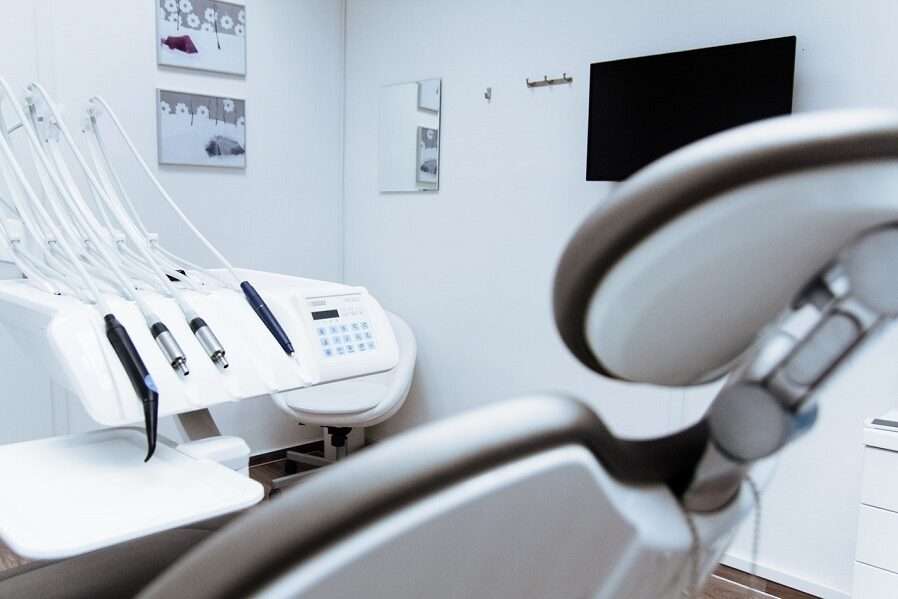

29
Jan
What Your Boise Dentist Wants You To Know About Dental Fillings

The word cavity is something everyone dreads hearing at their dentist’s office. Just the thought of having one evokes a feeling of pain and stress in many Treasure Valley patients. That’s why the Boise dentists at Summit Dental Group would like you to know what goes into the cavity filling process to help alleviate some of the anxiety associated with this common dental treatment.
Why Are Dental Fillings Necessary?
Cavities are small holes in a tooth’s surface that are caused by tooth decay. Left untreated, cavities will continue to get worse over time, causing significant pain and damage to a tooth. Tooth decay can also lead to infection, which can ultimately result in bone loss. That’s why dental fillings are essential when it comes to repairing affected teeth and stopping the progression of decay.
What To Expect During The Process
Prior to having a cavity filled, it’s important to let your Boise dentist know if you have any anxiety or health problems. That way, they can ensure your overall comfort and lower the risk of infection.
Next, your dentist will numb the area surrounding the affected tooth. This is done by applying a topical anesthesia before injecting it with an anesthetic. Once the area is sufficiently numb, your Boise dentist will remove any decay with a drill before replacing the decay with a filling.
After the filling process, your mouth may remain numb for a couple of hours after the treatment. This is very common as it takes a little time for the anesthetic to gradually wear off. During this time, it’s important to be careful of what you eat and drink.
Keep in mind that you may experience some sensitivity to hot and cold temperatures after having a tooth filled. This usually resolves itself within a few days. In the meantime, you can use a sensitivity toothpaste to help alleviate any discomfort.
Caring For Your Dental Fillings
There’s nothing out of the ordinary that you need to do to care for your dental fillings. Simply put, all you have to do is care for your teeth like normal by brushing and flossing daily and visiting your Boise dentist for annual check-ups and cleanings.
How Long Do Dental Fillings Last?
Dental fillings typically last between 7-10 years. Furthermore, some fillings can last up to 20 years. Mostly, it all depends on the material used to restore your tooth, as well as how well you care for your teeth and gums.
Summit Dental Group
Preventative care and education are essential to optimal dental health. For more information about the dental filling process, or to discuss any other concerns you may have, contact the Boise dentists at Summit Dental Group at (208) 314-2275 or by filling out our online form. We look forward to hearing from you!

